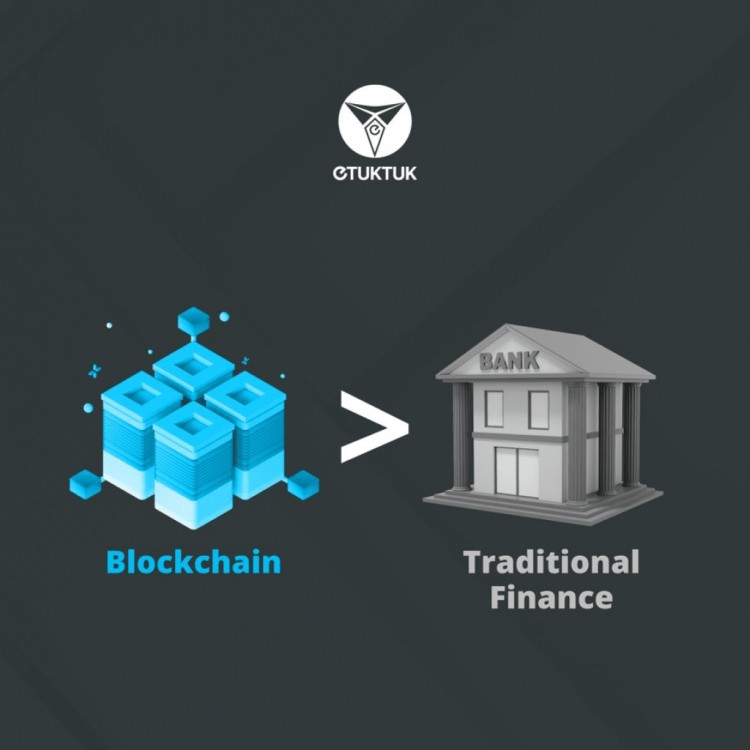时间:2024-01-29|浏览:378
Economists' consensus forecasts for CPI have never matched data reported by the Office for National Statistics (ONS) over the past year, the worst performance among G7 economies, according to a Bloomberg survey. In four of the four months, the actual published values were not even included in the forecast range of the forecast agency, and the performance was also worse than that of other G-7 member countries.
British inflation fluctuations in 2023 are difficult to predict
The trend has significant implications for policymakers and investors, triggering a stronger market reaction to the data and reducing certainty that price pressures are declining. That could lead Bank of England Governor Andrew Bailey to be more cautious than his colleagues at the Federal Reserve and European Central Bank in signaling that inflation is under control when he makes his next interest rate decision on February 1.
The Bank of England is trying to judge whether inflationary pressures are cooling at a faster pace ahead of Thursday's policy meeting. Two consecutive releases of inflation data have surprised economists, and if the Bank of England is convinced they show clear signs of relief, it could signal a change in its policy approach.
“The challenge with continued forecast errors is that they create uncertainty about the actual direction of the trend,” said Dan Hanson, chief UK economist at Bloomberg Economics and the top forecaster in the monthly survey. This could make policy less responsive to real news.”
The analysis also found:
Among G-7 countries, the UK's median error in forecasting the consumer price index (CPI) is tied with Italy for the lowest, but in terms of average error, the UK is slightly higher than Italy.
Since the start of 2020, the UK's forecast record has worsened significantly as the coronavirus pandemic and subsequent conflict between Russia and Ukraine caused severe disruptions to supply chains, causing energy and food prices to soar.
In 2023, the day when inflation data is released becomes one of the most volatile days for the pound exchange rate.
Bailey and his colleagues will release a new round of forecast data on February 1, and analysts will closely watch the forecasts for signs that the Monetary Policy Committee may ease policy. Investors have priced in a series of rapid interest rate cuts starting in the middle of this year, based on economists' predictions that inflation could fall back to the Bank of England's 2% target in the coming months.
However, analysis of forecasts made by economists over the past year highlights problems in predicting where UK prices will go. As a relatively small open economy, the UK is more vulnerable to global shocks than other regions, having felt the full impact of soaring energy and food prices over the past three years. Economists also point to shortcomings in the way the ONS measures prices.
UK inflation data matters more
Markets are extremely sensitive to surprises in official data, as investors and policymakers closely monitor inflation data for signs that price rises will persist or ease, and act accordingly. According to data compiled by Bloomberg, three of the 10 trading days with the largest single-day trading fluctuations in the pound against the euro exchange rate last year occurred when the UK released inflation data.
Chris Turner, head of foreign exchange strategy at ING NV, said: “Economists have trouble forecasting UK CPI, and the data is so important that it’s easy to understand why we’re looking at higher prices in the near term. to the sharp swings in sterling. One might think that, compared to the Fed and the European Central Bank, the Bank of England usually rarely speaks out between MPC meetings, so important UK data will have a greater impact."
Over the past few months, Britain has faced the most serious inflation problem among G-7 countries. At the end of 2022, the British CPI soared to a 40-year high of 11.1%, and has gradually fallen since then. However, the latest reading as of December was 4%, still double the Bank of England's target of 2%.
Economists now expect inflation to fall to the 2% target later this spring, well ahead of the end of 2025 previously forecast by the Bank of England. However, the price decline has been bumpier than expected, and economists face many challenges in forecasting prices.
Supermarket data will be used starting this summer
Ben Nabarro, chief UK economist at Citigroup, said that as a small open economy, the UK's inflation data could be more volatile "when it encounters particularly large and overlapping supply shocks". This structural difference to other countries also means that the UK will face greater inflation volatility from any global supply shocks over the coming decades.
Analysts are also struggling to judge the extent to which rising energy prices will affect British consumers, and whether the relationship between inflation faced by producers and core commodity prices holds true.
"We overestimated the pace of slowing in core goods inflation at the start of the year and underestimated the rate of decline that followed," said Bloomberg Economics' Hanson. "Another source of error was our miscalculation that energy prices were pushing up services The extent of inflation.”
James Smith, developed markets economist at ING, added that at some stages the impact of soaring energy prices on services appeared to be "more dramatic" in the UK. However, the way the ONS collects the data and the size of the sample may also contribute to inaccurate forecasts.
The ONS is currently changing the way it collects inflation data and plans to use data produced by supermarket scanners from this summer. Nabarro said: “The UK data tends to have smaller sample sizes, which makes what is measured particularly dependent on factors such as the date of collection, changes in composition, etc. I think recent experience may have exposed some of the issues in the way we measure inflation. Weaknesses, which the ONS is trying to address and improve."
Data may be affected by changes in seasonal trends, such as changes in travel demand post-pandemic, or by the timing of promotions, such as increased beer sales as “Dry January” events become more popular.
The ONS said its method of measuring inflation was "robust and reliable", collecting more than 180,000 pieces of price data each month from 141 locations across the country for more than 700 different goods, which it said was a "highly accurate picture of price movements in the UK economy" Metrics".
A spokesman said: "We are developing a radical new plan to significantly increase the number of price points we collect each month from 180,000 to hundreds of millions, through price information sourced directly from supermarket checkouts. Target. This will show exactly what is on sale and what it costs, giving us more detail on how inflation is affecting UK households."
Volatility in data creates headache for Bank of England
Although the gap between Britain's inflation rate and other G-7 countries has narrowed in the past few months, volatility in the data continues to cause headaches for the Bank of England.
The Bank of England also faces challenges in correctly forecasting trends in price pressures, and these forecast errors may be affecting its policy decisions. In the first half of 2023, the bank underestimated the persistence of high inflation, while in the second half of the year it significantly overestimated price pressures.
With interest rates currently at a 16-year high of 5.25%, the Bank of England is insisting on sending a message that the UK still has a long way to go before curbing inflation, meaning interest rates are likely to remain at higher levels for longer than most investors expect. longer.
Market expectations on the timing of rate cuts have revised sharply since the last batch of confusing inflation data. The current market tends to believe that the first interest rate cut will be carried out in June.
“In an environment of higher uncertainty, including uncertainty around data, but where the costs are asymmetric, that not only prompts policymakers to take more insurance measures,” Citigroup’s Nabarro said , may even cause them to materially change their strategy, as we saw in 2023. At the same time, it may also lead to a slower policy response, as we may see in 2024.”
Article forwarded from: Golden Ten Data









